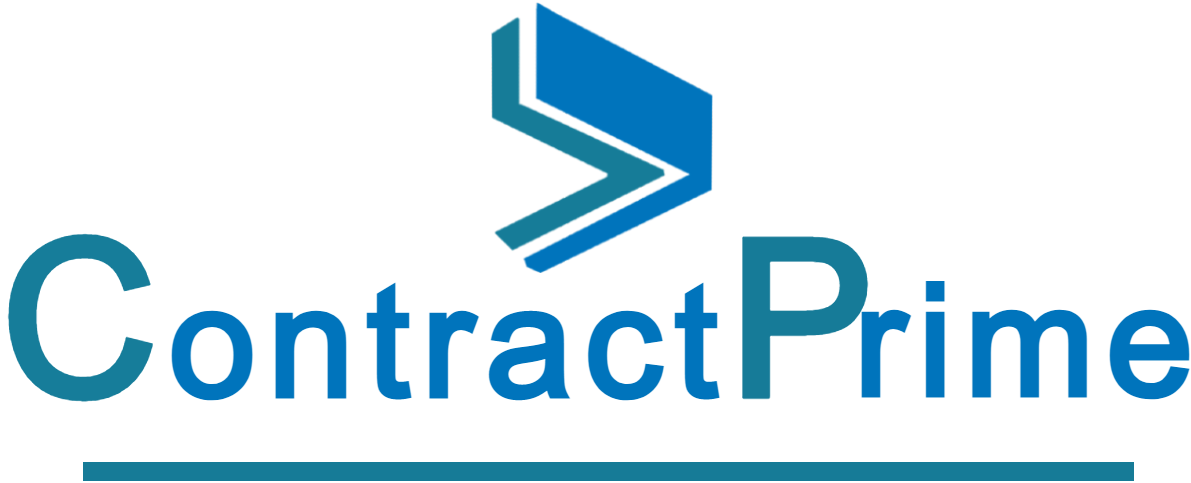Remote Contract Management: A Guide to Collaborative and Secure Digital Workflows
In an era dominated by remote work and digital collaboration, businesses are constantly seeking innovative solutions to streamline their operations. One critical aspect of business operations is contract management, a task traditionally bound by physical paperwork and face-to-face interactions. However, the advent of technology, especially contract management software, has revolutionized the way organizations handle contracts, making the process more efficient, secure, and adaptable to the demands of a digital world.
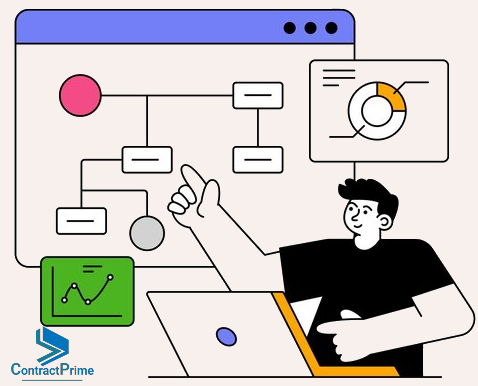
Written by Knowledge Team, posted on November 27, 2023
The Remote Work Revolution
The global shift to remote work has forced businesses to reevaluate their processes and tools. Contract management, an essential component of business operations, is no exception. As teams increasingly find themselves dispersed across different locations and time zones, the need for a centralized and accessible platform for managing contracts becomes paramount.
The Rise of Contract Management Software
Contract management software is a technological solution designed to automate and optimize the various stages of the contract lifecycle. Its functionality extends from the creation and negotiation of contracts to tracking and managing them through renewal or termination. The advantages of using contract management software are manifold, and one of its most significant benefits in the current remote work landscape is its ability to facilitate collaboration.
Centralized Document Storage
One of the primary challenges of managing contracts remotely is ensuring that all relevant parties have access to the latest and most accurate versions of documents. Contract management software provides a centralized contract repository for all contract-related documents, making it easy for team members to access, review, and collaborate on contracts from anywhere in the world.
In a digital environment, there’s no need to sift through filing cabinets or wait for someone to physically share a document. The software ensures that everyone involved has real-time access to the most up-to-date contract information, reducing the risk of errors and miscommunications.

Real-Time Collaboration Tools
Effective collaboration is the cornerstone of successful contract management. Contract management software often includes built-in collaboration tools that enable team members to work together seamlessly, regardless of their physical location. Features such as comments, annotations, and version tracking ensure that everyone is on the same page and can contribute to the contract negotiation and approval process in real time.
Moreover, these collaboration tools facilitate communication between different departments involved in the contract lifecycle. Legal teams, finance departments, and project managers can all contribute their expertise and ensure that contracts align with organizational goals and comply with legal requirements.
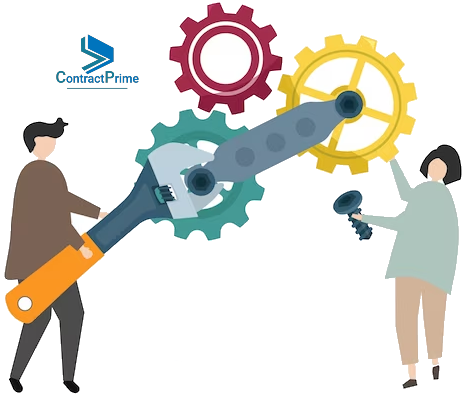
Streamlined Approval Workflows
In a remote setting, waiting for physical signatures and approvals can significantly slow down the contract management process. Contract management software streamlines approval workflows by allowing stakeholders to review and approve contracts electronically. Automated notifications and reminders further ensure that no step in the approval process is overlooked, reducing delays and improving overall efficiency.
The ability to set up customized contract approval workflows tailored to the specific needs of each contract type or project adds another layer of flexibility and efficiency. This is particularly beneficial for organizations with complex approval processes or those operating in highly regulated industries.
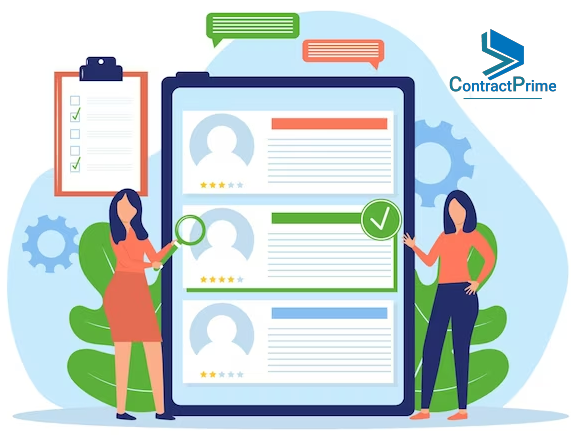
Enhanced Security Measures
Security is a top concern when managing sensitive contract data, especially in a digital environment. Contract management software often comes equipped with robust security measures, including encryption, access controls, and audit trails. These features not only protect sensitive information from unauthorized access but also provide a transparent record of who has accessed or modified a contract, adding an extra layer of accountability.
In a remote work scenario, where data is transmitted and accessed from various locations, these security measures are crucial for maintaining the integrity and confidentiality of contract information.
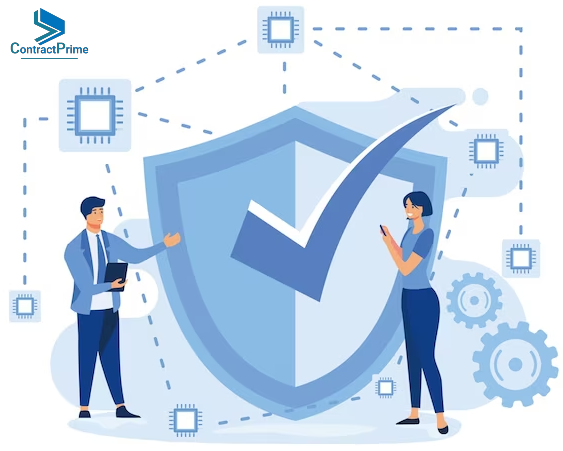
Audit Trails and Compliance Tracking
Compliance with industry regulations and internal policies is a non-negotiable aspect of contract management. Contract management software simplifies compliance tracking by generating detailed audit trails that record every action taken within the system. This not only aids in ensuring adherence to compliance standards but also provides a historical record that can be invaluable in the event of an audit or legal dispute.
For organizations operating in multiple jurisdictions with varying compliance requirements, the ability of contract management software to adapt and evolve alongside changing regulations is a game-changer.

Integrations with Other Tools
Remote work often involves the use of various digital tools and platforms. Contract management software that integrates seamlessly with other business applications enhances the overall workflow and user experience. Integration with project management tools, customer relationship management (CRM) systems, and communication platforms allows for a more holistic approach to contract management.
For example, a contract linked to a project management tool can automatically trigger tasks and deadlines based on contract milestones, ensuring that the entire team stays aligned and on track.
Overcoming Time Zone Challenges
Global teams face the added complexity of dealing with different time zones. Contract management software helps overcome this challenge by providing asynchronous collaboration options. Team members can review and comment on contracts at their convenience, and automated notifications keep everyone informed of updates, even if they occur outside regular working hours.
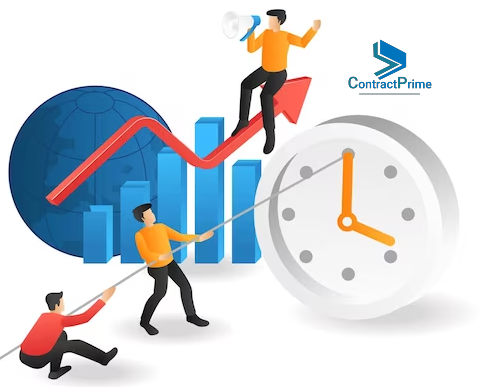
Self-Service Capabilities: Putting Power in the Hands of Users
Adding another layer of empowerment to remote contract management is the concept of self-service capabilities within contract management software. Self-service features allow users to take more control of the contract management process, reducing dependence on specific individuals or departments and enabling a more agile and responsive workflow.
Empowering Users with Self-Service
Contract Creation
Self-service contract creation tools empower users to generate contracts using predefined templates. This not only speeds up the contract initiation process but also ensures consistency and compliance with organizational standards.
Document Collaboration
Self-service collaboration features enable users to initiate and participate in document reviews and discussions without direct involvement from other departments. This agility is particularly beneficial in fast-paced business environments.
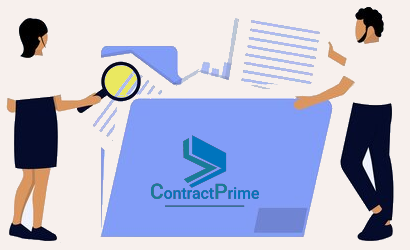
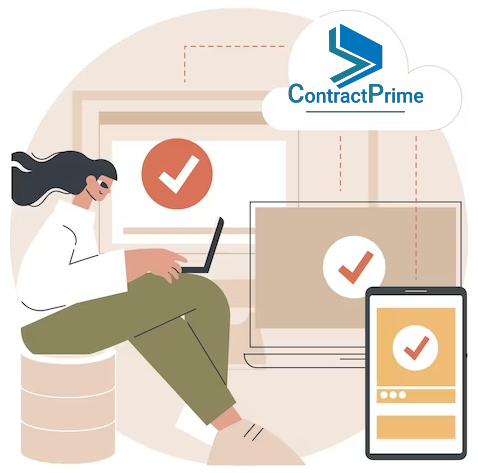
Automated Approvals
Self-service approval workflows allow users to initiate and monitor approval processes without constant oversight. This not only reduces bottlenecks but also ensures that contracts move through the necessary stages efficiently.
Access to Information
Self-service access to contract information ensures that stakeholders can retrieve the data they need without relying on intermediaries. This can be especially useful for teams spread across different time zones or working outside regular business hours.
The Future of Remote Contract Management
As the business landscape continues to evolve, the role of remote contract management and the CLM software that supports it will only become more pronounced. The future holds exciting possibilities, including advancements in artificial intelligence for contract analysis, blockchain for enhanced security, and improved user interfaces for even greater usability.
In conclusion, the digital revolution has reshaped the way businesses operate, and contract management is no exception. The adoption of contract management software not only addresses the challenges posed by remote work but also brings a host of benefits that enhance collaboration, efficiency, and security in the management of contracts. As organizations navigate the complexities of the modern business landscape, leveraging technology to facilitate remote contract management will be a key differentiator in achieving success.
